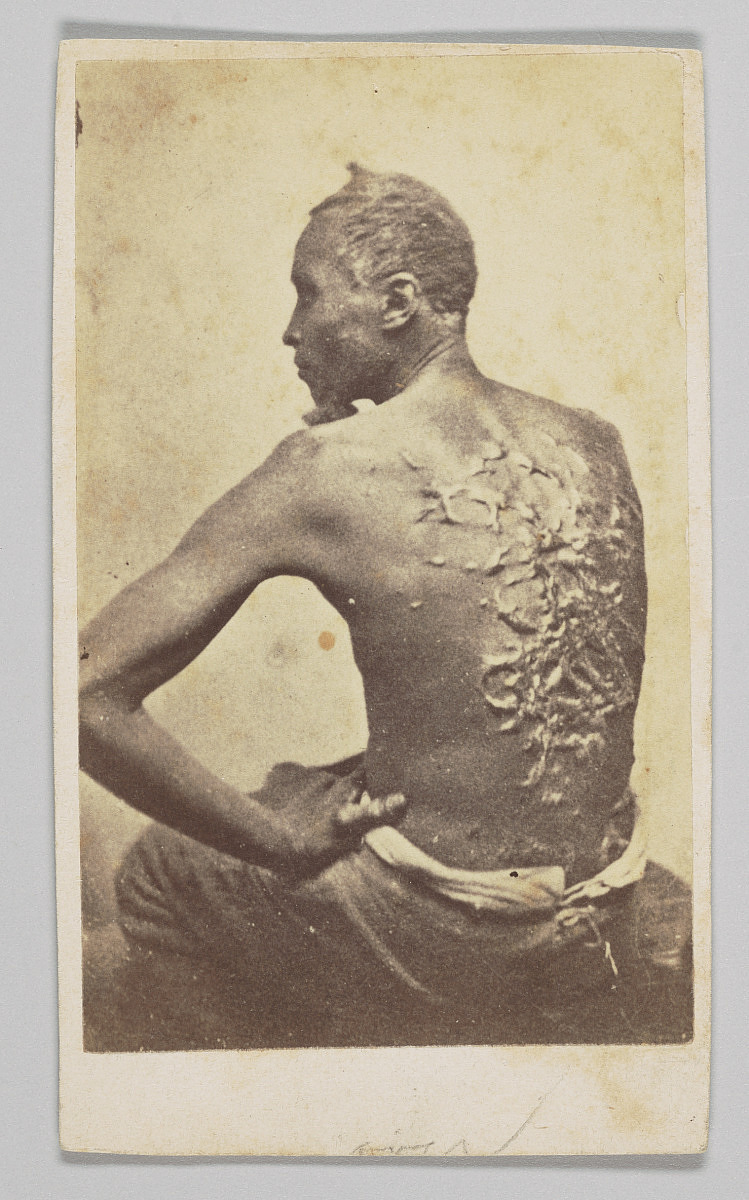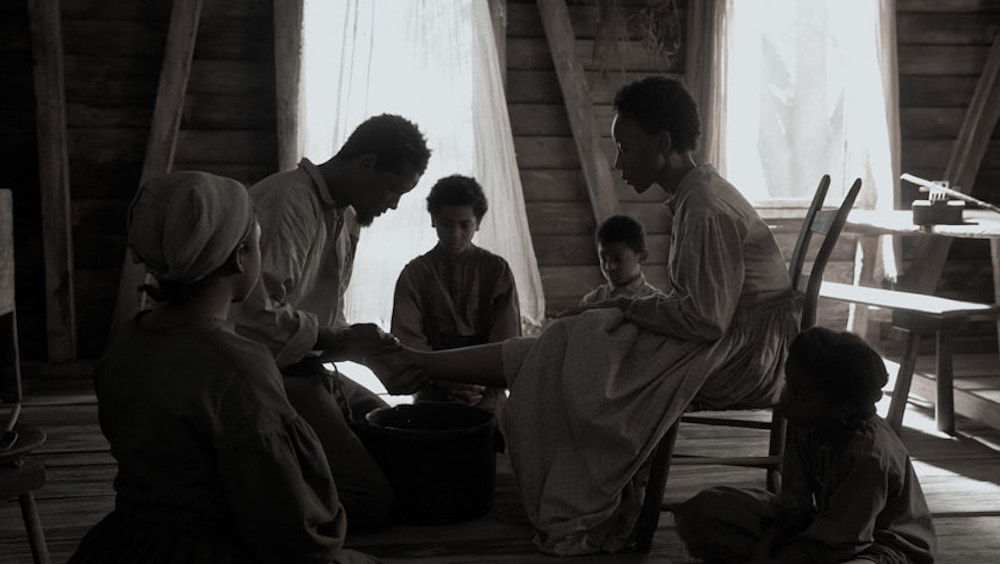Apple TV+’s ‘Emancipation’ stars Will Smith in the role of a man named Peter. He is separated from his family and taken to another place where he, and other black men, are forced to work. Meanwhile, President Lincoln declares the freedom of all enslaved people, which prompts Peter to escape his captors and embark on a perilous journey to reunite with his family.
Peter has to survive all sorts of dangers in the swamp, the most difficult of which is surviving a slave hunter. Directed by Antoine Fuqua, the film sees Peter go through such an unimaginable course of events that one can’t help but wonder if someone could have actually survived all that. If you are wondering whether ‘Emancipation’ is inspired by true events, we’ve got you covered.
How True is Emancipation?
Yes, ‘Emancipation’ is based on the true story of a man whose bare-backed photo (published in 1863) revealing the many scars he suffered during his life as an enslaved person became one of the most impactful pictures of all time. The image became visible proof of the brutality that people had to suffer at the hands of their masters and helped rouse the people in the North to fight against slavery during the Civil War. While the character is named Peter in the movie, in reality, he was referred to as Gordon or “Whipped Peter.”

In writing ‘Emancipation,’ William N. Collage AKA Bill researched exhaustively, relying on “historical documents and also information from Peter’s own diaries that he kept.” The overall narrative of the protagonist escaping the slave owners and finding his way to the Union army in Baton Rogue drives the plot of the film. Still, very little is known about Gordon’s real life, for which director Antoine Fuqua collaborated with Erica Armstrong Dunbar, a renowned historian, to fill in the gaps in the story.
For Fuqua, Peter’s picture was “the first viral image of the brutality of slavery that the world saw.” Putting perceptive on how pictures have become a potent device to fight and expose injustice, the director found himself drawn to make the film about it. However, he never saw it as a slave movie. “I wrote ‘sacred motivation’ on the top of my script because it was something more spiritual for me and for Will [Smith]. It was a story about triumph,” he told Deadline.
Instead of looking at his fears and being forced to be subservient, Fuqua focused on Peter’s defiance and his ability to have faith and strength even in the worst of circumstances. “Peter was an inspiring character — the fact that a man from 1863 who went through hell is still inspiring us today to tell stories about him and his journey,” Fuqua told LA Times. “I also wanted to show a character who wasn’t playing fear. I didn’t want him to appear weak or shuffling around with his head down. That image of him in the ‘Scourged Back’ [photograph], he looks very proud and strong.”

Fuqua didn’t want to follow the pattern often seen in films about slavery, where other people save the day, for example, in ‘12 Years a Slave.’ He felt that Will Smith’s character “had to save himself.” For him to be strong, Peter needed to draw upon something that keeps him going. Fuqua found faith and family to be Peter’s pillars of strength, something that also helped the filmmaker while going through the tough time during the making of ‘Emancipation.’
“The movie is about family. It’s about faith. It’s about an inspiring, unselfish human being. That’s what I held on to out of the ugliness of it all,” he said. In portraying the brutality and the violence that Peter, and many other people like him, had to suffer for centuries, Fuqua wanted to remind people of the history that is often easily forgotten, while also threatening to be repeated. “The reason I wanted to make the movie was to remind young people of the brutality of how human beings treat each other, out of greed and ignorance.”
Fuqua added, “We’re seeing more of that brutality today in Europe and different parts of the world. It doesn’t seem like we are remembering our pasts. That’s a great responsibility.” Through ‘Emancipation,’ the acclaimed director wants people to see “the brutality of the truth” and hopes that it hits a nerve with the audience. So, even if the story has some fictional elements to it, they are not too far from reality and help in portraying the lives and struggles of Peter and other black people during that time.
Read More: Where Was Emancipation Filmed?


You must be logged in to post a comment.